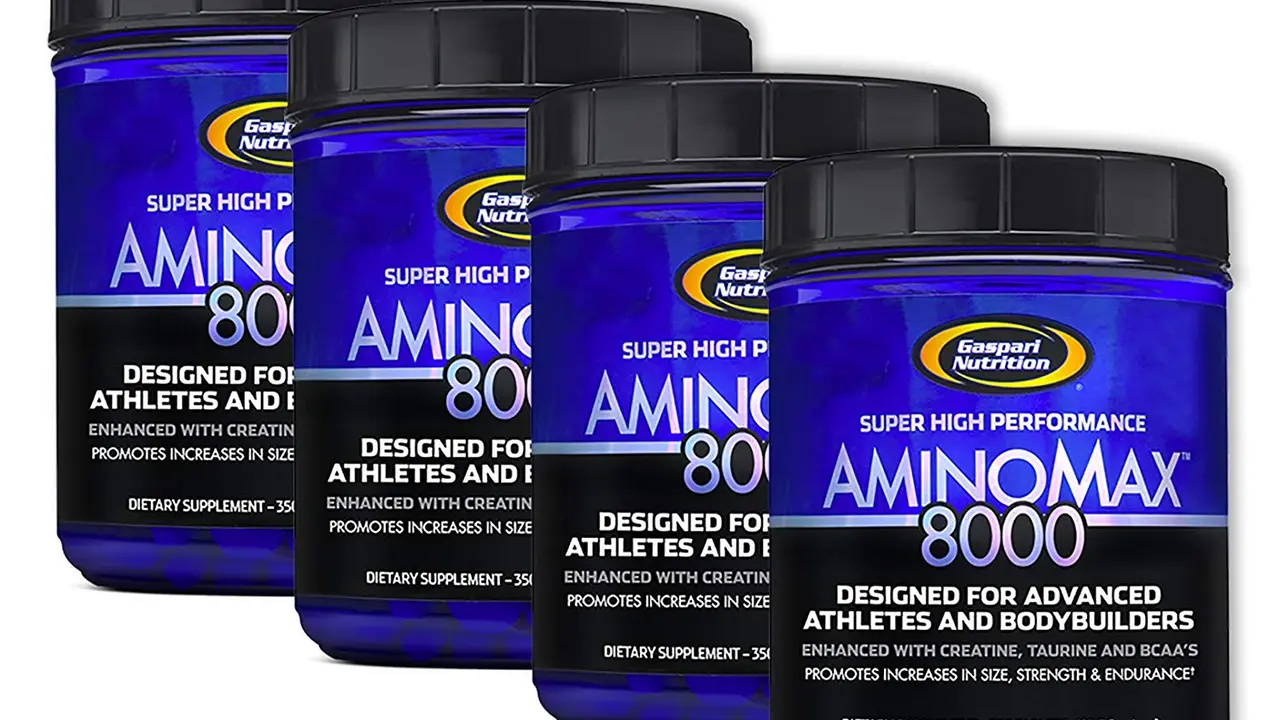Power of Germanium: What You Need to Know
Germanium gets talked about as a trace mineral that shows up in some plants and supplements. That sounds promising, but the story is mixed. Some forms are sold as dietary supplements, while other forms are toxic. This page gives straightforward, practical info so you can make safer choices.
What is germanium and how do people use it?
Germanium is a chemical element found in tiny amounts in soil and plants like garlic, ginseng, and shiitake mushrooms. In supplements you’ll mainly see two types: organic germanium (often called Ge-132 or germanium sesquioxide) and inorganic germanium (such as germanium dioxide or germanium salts). Sellers usually promote organic germanium in capsules or powders.
People take germanium for general wellness or as a complement to other approaches. Scientific evidence is limited and not strong. If you’re considering it, treat it like any experimental supplement: research the form, start small, and check with a healthcare pro before starting—especially if you have health conditions or take medications.
Safety, testing, and buying tips
Safety is the most important part. Inorganic germanium has been linked to serious problems like kidney damage and liver issues when taken in high amounts. Reports of kidney failure from some germanium products exist, so avoid unknown or inorganic forms.
Here’s how to lower risk if you decide to try germanium:
- Choose organic germanium (Ge-132) and avoid products labeled chemical names like germanium dioxide or germanium salts.
- Look for third-party testing or a Certificate of Analysis (COA). Tests should check for heavy metals and confirm the germanium form and amount.
- Buy from reputable brands with clear labeling, batch numbers, and contact info. Avoid products sold only via social media claims.
- Don’t self-prescribe high doses. Follow the product label and your doctor’s guidance. If you have kidney disease, liver disease, or are pregnant or breastfeeding, don’t take germanium unless a clinician approves it.
- Watch for warning signs: dark urine, swelling, extreme fatigue, or abdominal pain. Stop use and seek medical help if these occur.
Keep realistic expectations. There’s no strong clinical proof that germanium is a cure-all. If you want potential benefits from plant foods, consider eating garlic, mushrooms, and ginseng as part of a healthy diet instead of relying on supplements.
Final practical note: always tell your healthcare provider about any supplement you take. They can check for interactions, monitor labs if needed, and help you weigh risks and potential benefits. Smart choices and simple safety checks go a long way when dealing with minerals that can be helpful or harmful depending on the form and dose.

